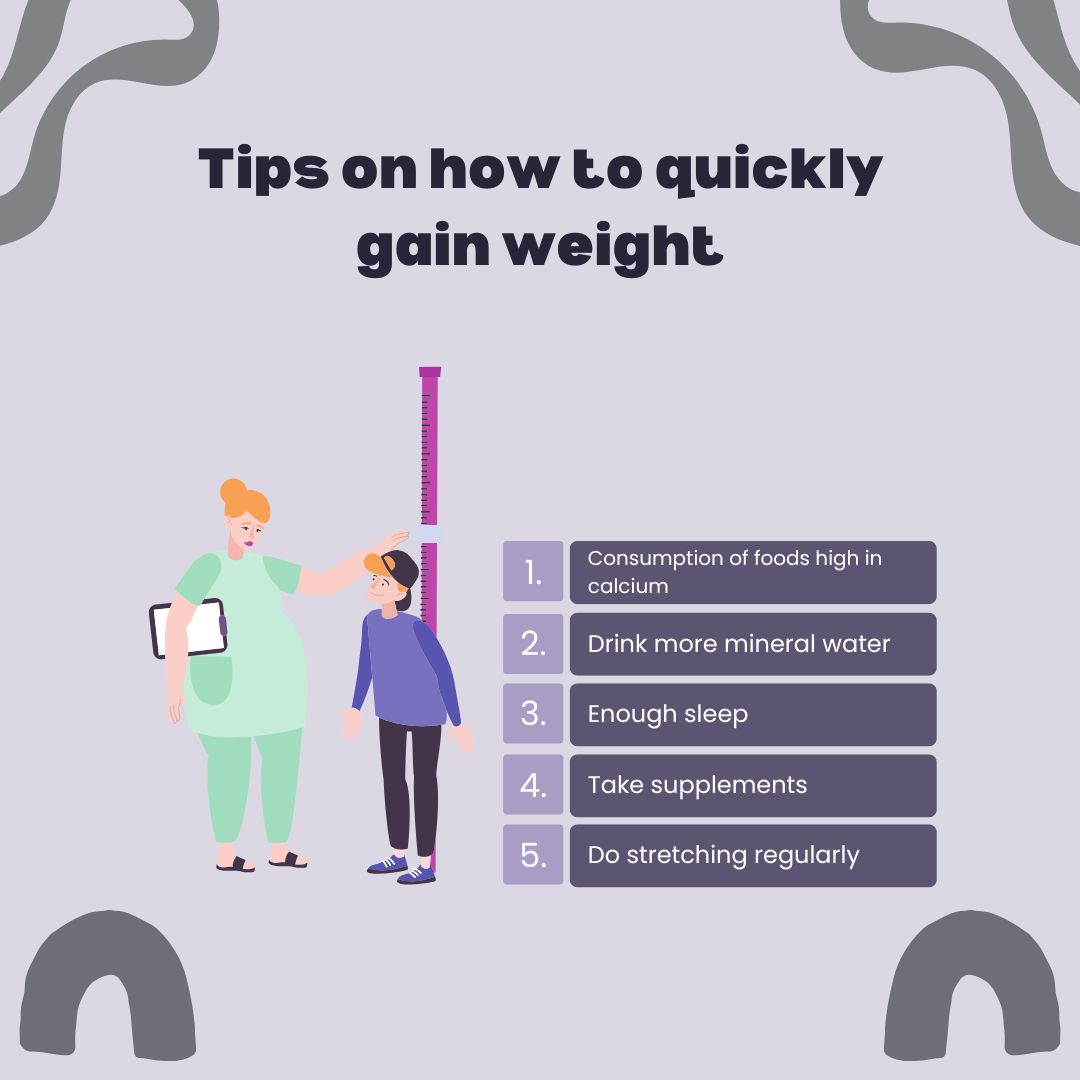The Top 5 Ultimate Guide to Healthy Weight Gain Foods : Foods, Tips, and Side Effects

Top 15 Natural Weight Loss Drinks
Gaining weight isn’t just about eating more; it’s about eating smart. Healthy Weight Gain Foods for many, the goal to pack on healthy pounds is just as challenging as losing weight can be for others. A careful approach to weight growth is essential, regardless of your goals—building muscle, getting well, or achieving your ideal body.
“This guide will cover the best foods for healthy weight gain; additionally, it will discuss how to increase the number of calories in your diet, and also examine the possible negative effects of gaining weight too quickly or in an unhealthy way. Consequently, you will be prepared to approach your weight goals in a safe and efficient manner by the time you finish reading this article.
“Muscle building: For instance, fitness enthusiasts or athletes might aim to gain weight to build muscle mass. On the other hand, recovery from illness: specifically, some conditions like cancer, eating disorders, or prolonged illnesses may lead to unintentional weight loss.”
It’s important to remember that healthy weight gain focuses on lean muscle and nutrient-rich foods rather than just consuming junk food.
Best Foods for Healthy Weight Gain
The goal is to consume more calories than you burn, but the quality of those calories matters. Here’s a breakdown of the best food groups for weight gain:
1. Protein-Rich Foods
Protein is crucial for building muscle and repairing tissues.Lean meats: Chicken, turkey, and lean beef provide high-quality protein without excessive saturated fat.Eggs: A versatile source of protein and healthy fats.
Fish: Fatty fish like salmon and mackerel also provide omega-3 fatty acids.
Dairy products: Full-fat milk, yogurt, and cheese are calorie-dense and rich in protein.
Plant-based options: Lentils, chickpeas, tofu, and quinoa are excellent for vegetarians.
Tip: Aim for 1.5–2 grams of protein per kilogram of body weight to support healthy weight gain.
2. Healthy Fats
Fats are calorie-dense, making them an efficient way to increase your calorie intake.
Nuts and seeds: Almonds, walnuts, chia seeds, and sunflower seeds are nutrient-packed.
Avocados: A single avocado can add around 240 calories to your diet.
Olive oil: Use it for cooking or drizzling over salads for a calorie boost.
Nut butters: Peanut, almond, or cashew butter is rich in calories and delicious.
3. Carbohydrates
Carbs are your body’s primary energy source and are essential for gaining weight.
Whole grains: Oats, brown rice, quinoa, and whole-grain bread are excellent options.
Starchy vegetables: Potatoes, sweet potatoes, and corn are calorie-dense and nutritious.
Fruits: Bananas, mangoes, and dried fruits like dates and apricots are natural sources of sugar and calories.
Tip: Avoid refined carbs like sugary cereals or white bread, as they can lead to fat gain instead of healthy weight gain.
4. Calorie-Dense Snacks
Snacking between meals can significantly increase your calorie intake.
Trail mix (nuts, dried fruits, and dark chocolate)
Smoothies (blend milk, protein powder, bananas, and peanut butter)
Energy bars (opt for low-sugar, nutrient-rich options)
5. Beverages
Liquid calories can be easier to consume and still pack a punch.
“Full-fat milk or, on the other hand, milk alternatives like coconut or almond milk; additionally, protein shakes or, alternatively, meal replacement drinks; furthermore, homemade smoothies with fruits, yogurt, and nut butter.”
How to Eat for Weight Gain
1. Eat More Frequently
Instead of sticking to three meals a day, try eating 5–6 smaller meals. This helps you consume more calories without feeling overly full.
2. Increase Portion Sizes
Gradually increase the portion sizes of your meals. Whereas, Add an extra spoonful of rice, a slice of bread, or more protein to your plate.
3. Add Calorie Boosters
Sneak in extra calories by adding healthy fats and toppings. For example:
“First, drizzle olive oil on vegetables. Next, add shredded cheese to soups. Finally, sprinkle nuts and seeds over salads or oatmeal.”
4. Plan Ahead
Following, Meal prep can help you avoid skipping meals or relying on less nutritious options.
5. Combine Strength Training
Exercise, especially strength training, ensures that the extra calories go towards building muscle rather than fat.
Potential Side Effects of Weight Gain
While weight gain can be beneficial, doing it too quickly or unhealthily can have drawbacks:
1. Fat Gain Instead of Muscle
“Consuming too many unhealthy fats and refined carbs may, in fact, lead to fat gain; consequently, this increases the risk of conditions like diabetes or heart disease.”
2. Digestive Issues
“Suddenly, increasing your calorie intake, for instance, may cause bloating, indigestion, or discomfort.” Even so, gradual changes are key.
3. Overburdening Your Body
Additionally, gaining weight too fast may put stress on your joints, cardiovascular system, and metabolism.
4. Nutrient Imbalance
Firstly, If you focus solely on calorie-dense foods without balancing nutrients, you may become deficient in essential vitamins and minerals.
“Signs You’re Gaining Weight the Right Way
Firstly, Steady Progress: Aim for 0.5–1 pound (0.2–0.5 kg) per week.
Additionally, Increased Energy Levels: You should feel stronger and more energetic; in contrast, you should not feel sluggish.”
“Improved Fitness: If paired with exercise, then you should notice, consequently, gains in muscle mass and strength; moreover, you may experience enhanced endurance and overall health.”
Conclusion
“Clearly, Healthy weight gain is a journey, not a race. In fact, it’s about nourishing your body with the right foods, building strength, and prioritizing overall wellness. Therefore, incorporate a variety of nutrient-dense foods, stick to a consistent eating and exercise routine, and, importantly, listen to your body.
Furthermore, remember, everyone’s body is different; thus, consult a healthcare provider or dietitian to create a personalized plan that aligns with your goals. Ultimately, with patience and persistence, you can achieve your weight gain goals healthily and sustainably.”

1 thought on “The Top 5 Ultimate Guide to Healthy Weight Gain Foods: Foods, Tips, and Side Effects”